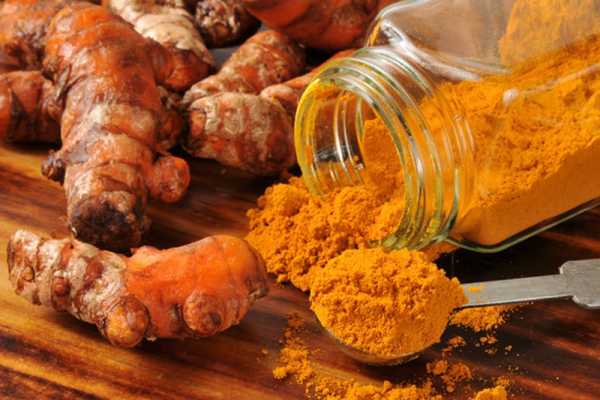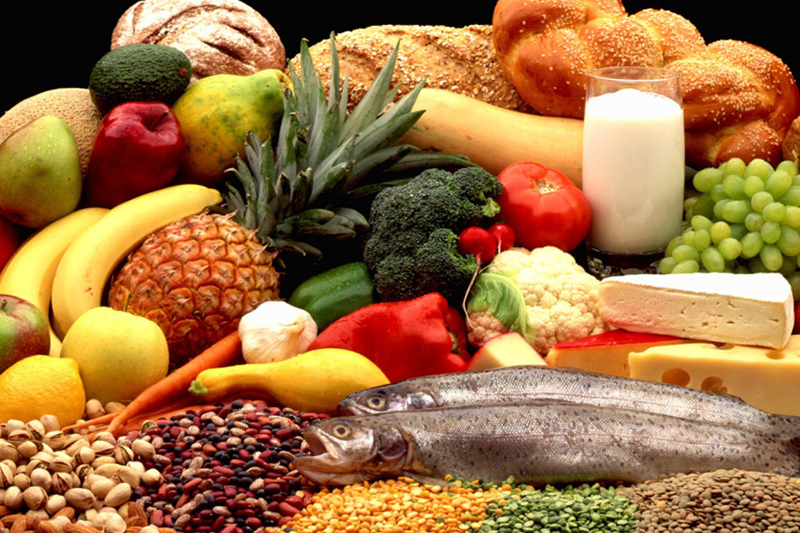
Your diet plays a part in strengthening your immune system. Staying well while those around you sniffle and sneeze requires that you extract as much nutrition from your diet as you can, loading up on the foods that pack the biggest nutritional punch. The right foods can prevent you from getting sick and help you recover quicker if you do fall ill.
Our Immune system
–

–
Our body’s battle for immunity begins in the mouth. Saliva contains powerful antimicrobials like lysozyme, alpha-amylase and lactoferrin. Any germs that sneak past those will confront our stomach’s hydrochloric acid. If they survive, they’ll go up against the proteins and chemical compounds in our digestive system that break down bad bacteria. Finally, our own personal good bacterial population goes to work. They prevent bad bacteria from entering our bloodstream or taking root in our small intestine and colon.
Prebiotics and probiotics
–
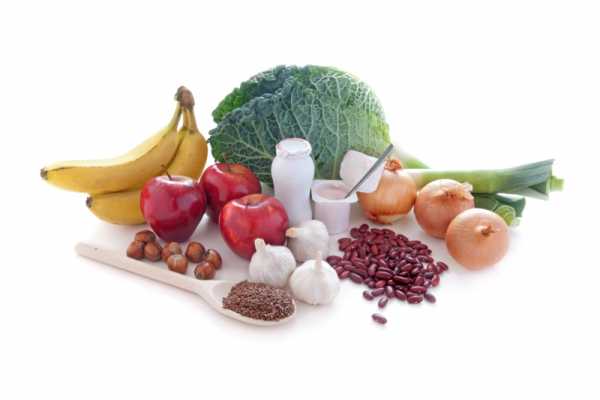
–
Prebiotics (aka bacteria food) help nourish our good microbial friends. Essentially, prebiotics are a form of semi-digestible fibre. You should get at least two to three servings of prebiotic-rich foods each day. Foods rich in prebiotics are as follows.
Asparagus
–
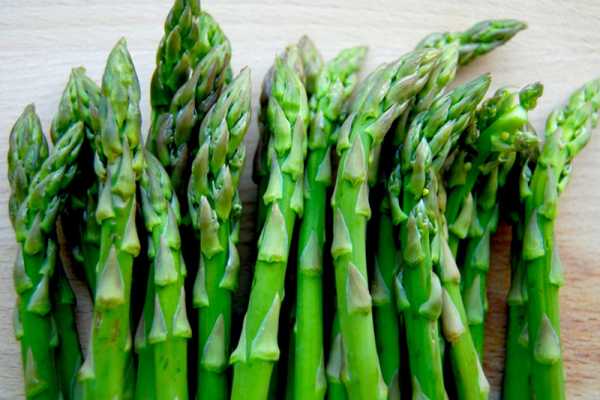
–
It’s actually ranked as a top nutrient-dense food, meaning a ton of nutrients and very little calories. It breaks down toxins so they can be better filtered out of the body, which helps with inflammation and immune system health.
Garlic
–
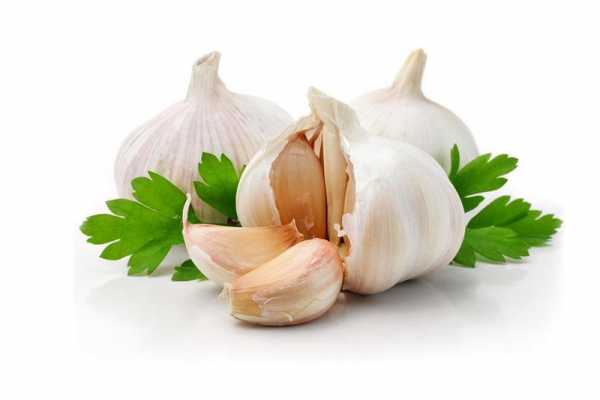
–
Garlic has allicin, which creates antioxidants and gives it the ability to fight against free radicals. British researchers gave 146 people either a placebo or a garlic extract for 12 weeks; the garlic takers were two-thirds less likely to catch a cold. Other studies suggest that garlic lovers who chow more than six cloves a week have a 30% lower rate of colorectal cancer and a 50% lower rate of stomach cancer. It is antibacterial, antiviral and anti-fungal. One of the best things about garlic is that bacteria, viruses, and yeast build up no resistance to it, unlike with synthetic antibiotics.
Oats and Barley
–
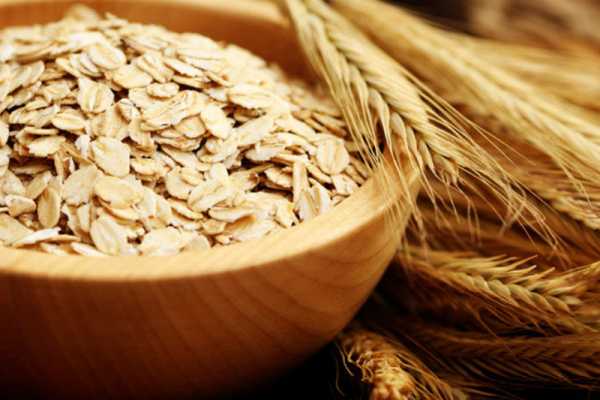
–
They contain beta-glucan, a type of fibre with antimicrobial and antioxidant capabilities more potent than echinacea, reports a Norwegian study. It boosts immunity, speeds wound healing, and may help antibiotics work better. It also has selenium, which seems to have a powerful effect on the immune system, including the potential to slow the body’s over-active responses to certain aggressive forms of cancer.
Sweet potatoes
–
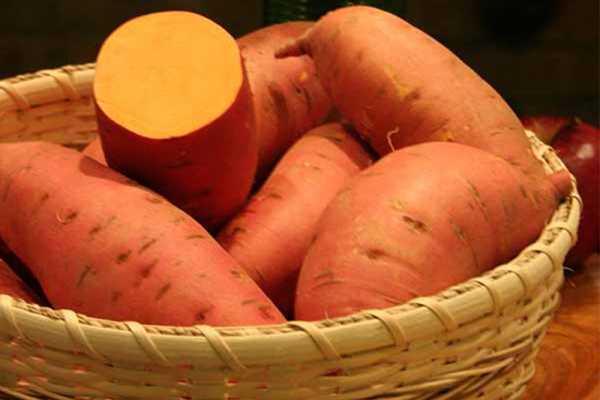
–
They’ve got powerful antioxidants, vitamin A, potassium, iron, b-6 and more. Skin is crucial organ, covering an impressive 16 square feet, serves as a first-line fortress against bacteria, viruses, and other undesirables. To stay strong and healthy, your skin needs vitamin A. One of the best ways to get vitamin A into your diet is from foods containing beta-carotene (like sweet potatoes), which your body turns into vitamin A.
Apples
–
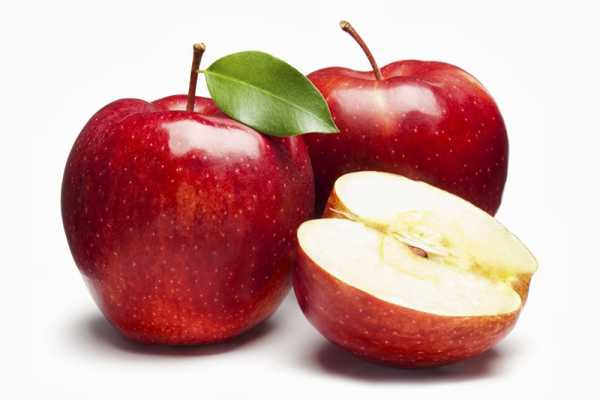
–
The vitamin C in apples does make it an obvious choice for fighting off colds. the dietary fibre content in apples makes them helpful for immunity (that fibre contains an anti-inflammatory protein that does the trick).
Citrus fruits
–
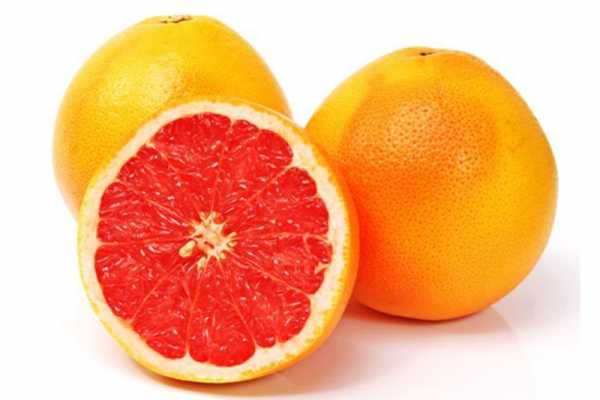
–
Vitamin C is thought to increase the production of white blood cells. These are key to fighting infections. Oranges, grapefruit, lemon and lime are just as full of vitamin C, and thus helpful for your immune system. Because your body doesn’t produce or store it, daily intake of vitamin C is essential for continued health.
Probiotics are our body’s own bacteria that fights other foreign bodies entering our body. They help us stay healthy and recover faster once we get sick. Foods rich in probiotics are as below.
Yogurt and kefir
–
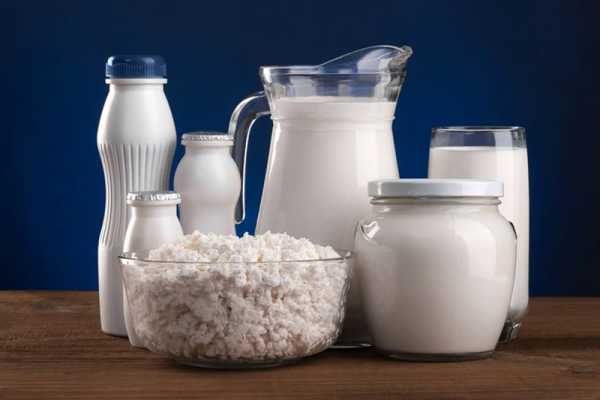
–
Adding traditionally fermented foods is essential to boost the immune system. A study from the University of Vienna in Austria found that a daily 7-ounce dose of yogurt was just as effective in boosting immunity as popping pills. They help keep the gut and intestinal tract free of disease-causing germs by producing antibodies. When selecting yogurt, look for ones that have “live and active cultures” printed on the label. Apart from yogurt, kefir is an ancient cultured, enzyme-rich food full of friendly microorganisms that balance your “inner ecosystem” and strengthen immunity. Other good fermented foods include natto, kimchee, miso, tempeh, pickles, sauerkraut, cheese, and olives.
You can also take a probiotic supplement to give your healthy gut bacteria an extra helping hand
Other foods that help our immune system are:
Green tea: It is rich in polyphenols, in the form of natural chemicals called catechins (most powerful antioxidant). Green tea boosts the production of B cell antibodies, helping us rid ourselves of invading pathogens.
–
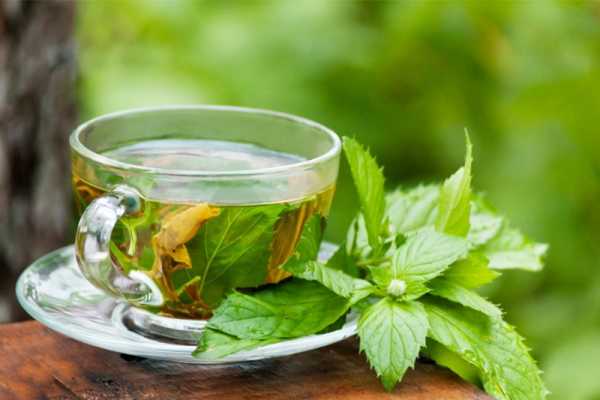
–
Honey: It has antibacterial and antimicrobial properties and helps suppress coughs. A few teaspoons in a cup of green tea are all you need.
–
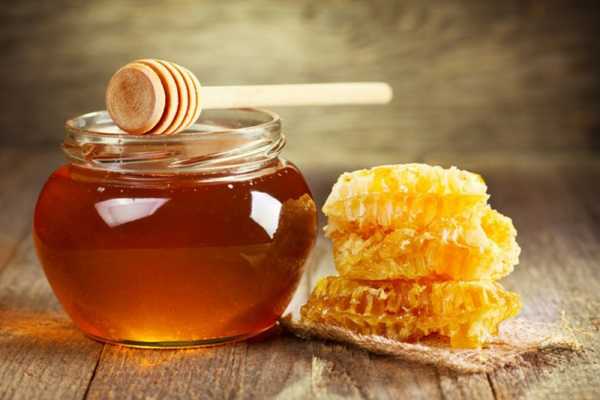
–
Mushrooms: They contain a ton of antioxidants, potassium and vitamins. Studies show that mushrooms increase the production and activity of white blood cells, making them more aggressive.
–
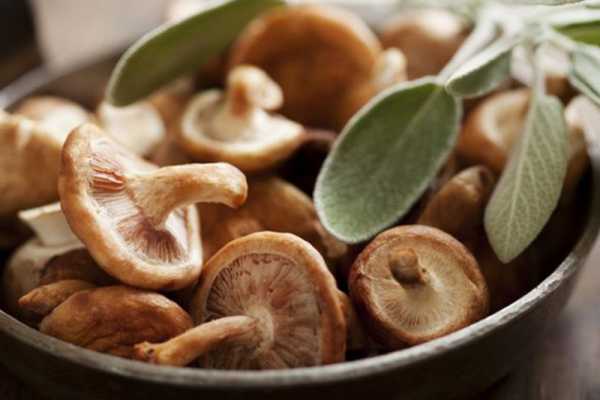
–
Turmeric: It is an immune system booster due to its high antioxidant capacity, and an anticancer agent as well; turmeric is five to eight times stronger than vitamins C and E, and even strong enough to scavenge the hydroxyl radical, which is considered by some to be the most reactive of all oxidants.
–
